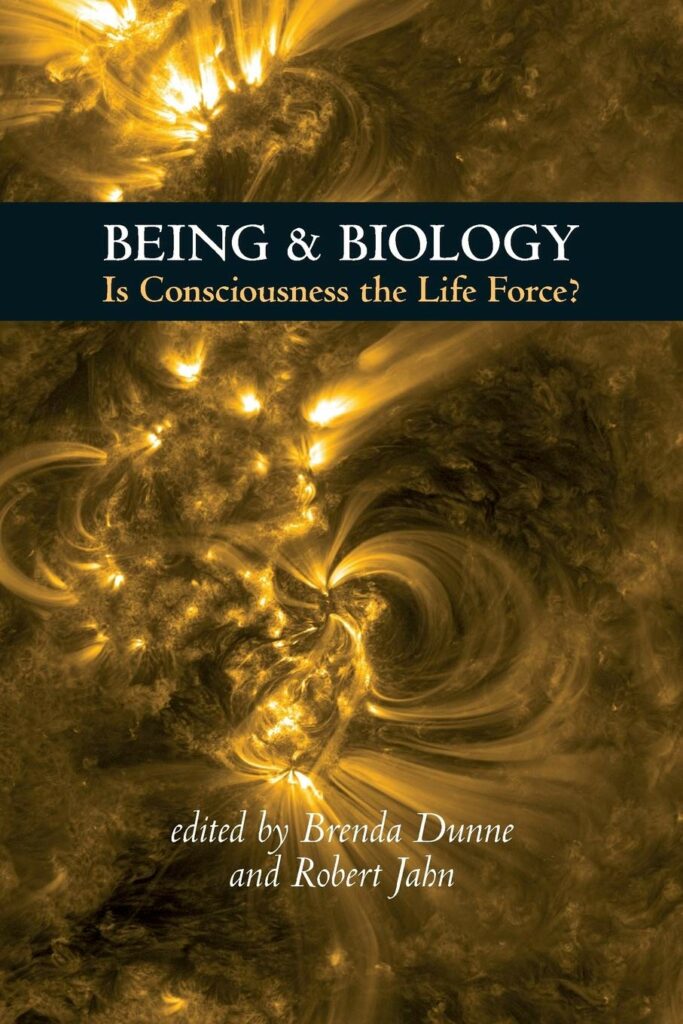Dr Vasileios Basios – What Emerges from Complexity Sciences?
During the last decades of the past century, the third scientific revolution was modestly and serenely announced: Complexity. Following Relativity and Quantum Physics, that brought forth a renewed understanding about the macrocosm and the microcosm respectively, Complexity is now pushing the frontier of our understanding as to how and why everything fits together in-between.
Complexity is a prodigy of the Cosmos. By the first decade of this century it has pervaded all known sciences. As heralded by Stephen Hawkins, the 21st century is the century of complexity. Bringing together System’s Science, Cybernetics, Chaos and Catastrophe Theories and recently Meta-mathematics, Computing and Network sciences; Complex System’s science calls also for bridging the gap between the living and non-living, as understood till now.
The first significant consequence that emerges from this new interdisciplinary science is the exhaustion of the prevailing naive dogma of mechanistic reductionism. And therefore of the dominant ‘scientism’ that wants to keep fitting all of reality into a single mechanistic worldview.
Something else though emerges from this third scientific revolution, as some chose to call it. That is the very challenge for reclaiming a renaissance of the true scientific spirit of investigation. We cannot afford now to allow preconceived concepts to fashion the picture of the world. Rather we should allow the essence of the world to fashion the nature of our concepts. Never before has the need for qualitative change in the scientific enterprise been so apparent and pressing. The importance of Complexity science lies in the fact that it has made the emergence of such a radical change not just possible, but imperative. It calls for a radically new kind of science: one that can reflect on its own foundations and deal with a multifaceted reality.
By now it has become evident, after the work of Goedel, Turing and Chaitin, that no single set of known mathematical or other formal language can ever yield a description of a complex whole that is both complete and consistent. Moreover, especially for living complex systems, any observation will necessarily be partial and always dependant on the observer’s choices, reminding us of the origins of Niels Bohr’s complementarity principle at work in quantum systems.
What we come then to realize, due to the emergence of Complexity Science, is that not only the world at large is an interconnected organic whole but that our very faculties or apprehension, conceptual tools, methodological descriptions and theories are also interconnected, interdependent and interdisciplinary. At this point we can hear the call for a new kind of scientists, fearless of self-reflection, concerning themselves not only with the study of nature, but equally with the nature of their study.
It’s all about the need to change our minds in order to change the world before the world impinges changes upon us for good. And as the point of bifurcation for a “breakthrough or breakdown” approaches the stronger this resonance sounds.
Dr. VASILEIOS BASIOS is a senior researcher at the Physics of Complex Systems Department of the University of Brussels, conducting interdisciplinary research on self-organisation and emergence in complex matter as well as aspects of the foundations of complex systems. During his formative years he worked within the team of Ilya Prigogine (Nobel laureate) at the Solvay Institutes for Physics and Chemistry in Brussels. He is interested on the history of ideas in science and their role in the transformation of science beyond the prevailing mechanistic world-view. As a senior member of the Scientific & Medical Network, he also maintains a keen interest in contemporary research avenues that have started to lead us to a new renaissance, concerned with the renewal of a “re-enchanted” nature.
Monthly meetings with invited speakers are held in Hampstead. Doors open at 7:30pm for an 8pm start, when parking restrictions are lifted. Nearest stations are Hampstead (Northern Line) or Hampstead Heath (Overground). Contribution is £10 for members and £12 for guests.
You can look at the list with details of our Past Events or read the Reports of those meetings.
TO FIND OUT MORE, OR TO BOOK FOR AN EVENT PLEASE CONTACT CLAUDIA NIELSEN at [email protected].


